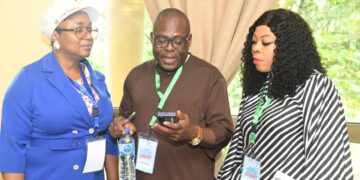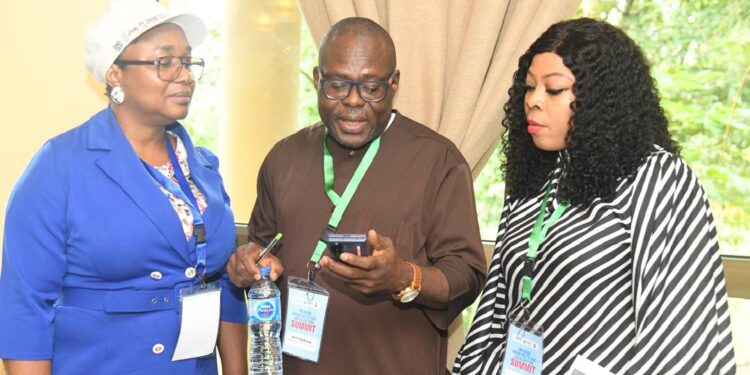By Ebi Kesiena
The United Nations, UN, and the Niger Delta Development Commission (NDDC) have organised a stakeholders’ dialogue to identify challenges facing the Niger Delta region, and to align it with the UN’s Six Transitions and the Niger Delta Regional Development Strategy.
Speaking at the summit on the localisation of the Sustainable Development Goals, SDGs, in the Niger Delta region, NDDC Director of Planning, Research, and Statistics, Dr. Patterson Ogon, highlighted the key areas of focus to include problem identification, as well as solution design and prioritisation.
A statement by NDDCs Director, Corporate Affairs Seledi Thompson-Wakama, noted that Ogon advocated for the adequate use of the region’s natural resources, such as wind and solar, in generating power. He also called for the more effective and efficient use of ICT by the Niger Delta youths to achieve economic independence.
In the area of education, Ogon proposed a synergy between major stakeholders in the Niger Delta region to ensure that quality education was bequeathed to the people of the region. He urged Niger Deltans to take charge of growing their own food, capitalising on the fertile region.
Also, a consultant for the Niger Delta Regional Development Strategy, Mr. Stephen Onerhime, outlined the strategies adopted for the region’s development. According to him, they include: economic, infrastructural, social and environmental development, as well as governance, institutions, security, law and order, and financing the plans.
He highlighted the advantages of the Niger Delta Regional Development Strategy, including a harmonised plan geared towards producing a standard, acceptable framework for the Niger Delta region; a monitoring and evaluation mechanism to ensure the impact of projects in the area, as well as the progress and effectiveness of these projects.
The Projects Coordinator of the Hydrocarbon Pollution Remediation Project, HYPREP, Professor Nenibarini Zabbey, noted that HYPREP has been implementing remedial activities at the 65 UNEP sites through soil treatment and groundwater treatment. He said that the adopted methodologies for the shoreline cleanup include shoreline treatment and artisanal refinery treatment.
The HYPREP coordinator, represented by Mr. Agunyi Damian Paul, said the agency had launched the world’s largest initiative to restore mangroves damaged by oil pollution, focusing on monitoring the growth and progress of planted mangroves towards maturity. According to him, this is significant for the Niger Delta region because it has the potential to protect shorelines, improve food security, mitigate the impacts of floods, control climate change, and provide adaptation benefits.




































